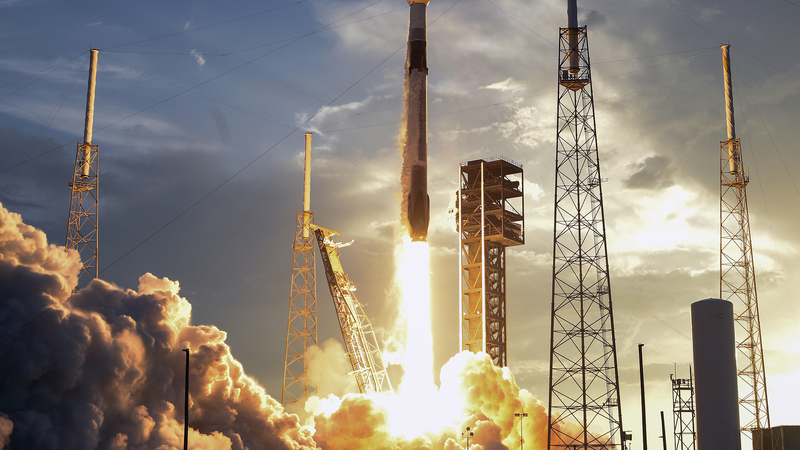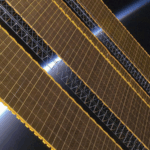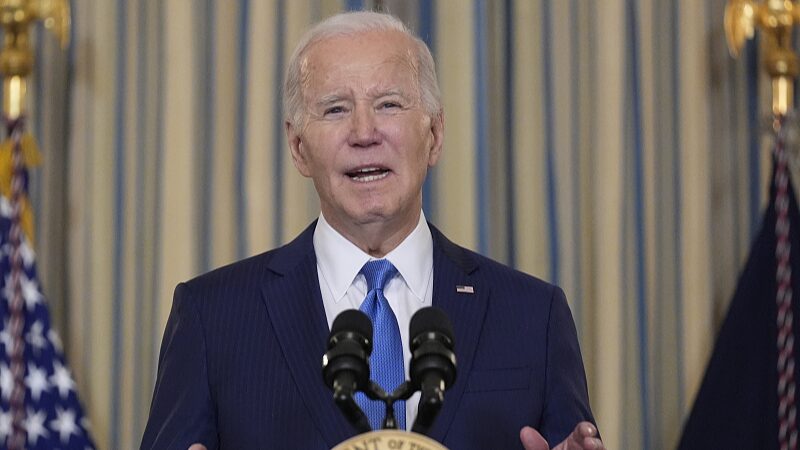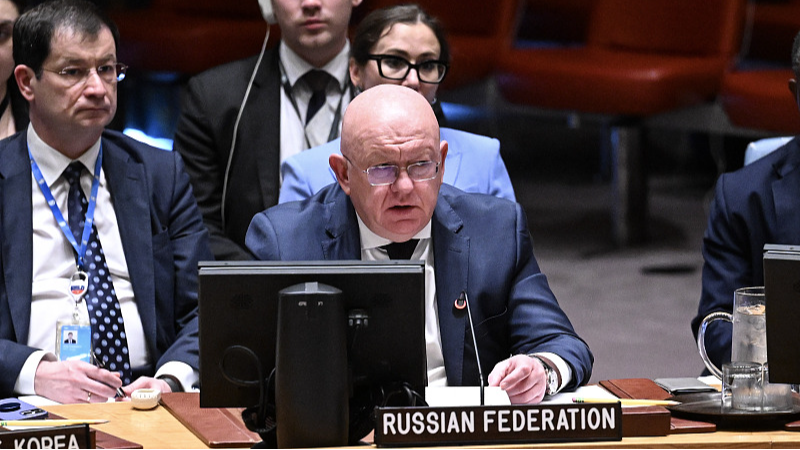As geopolitical tensions extend into orbit, a U.S. State Department memo urging allies to avoid Chinese satellite services highlights growing concerns about space becoming the next frontier of strategic competition. Analysts warn this approach risks accelerating fragmentation in global technology partnerships while exposing contradictions in Washington’s security narratives.
The Security Paradox
The memo claims data from Chinese satellite providers like Chang Guang Satellite Technology could be accessed by Beijing, potentially compromising military intelligence. Yet critics note U.S. firms like SpaceX have demonstrated comparable political influence – exemplified by Starlink’s 2022 refusal to extend Crimea coverage during Russia-Ukraine tensions. This duality complicates Washington’s warnings, particularly for Global South nations seeking non-aligned technological solutions.
Commercial Dominance vs Strategic Narrative
Accusations of potential Chinese market monopoly contrast sharply with U.S. dominance in cloud computing and defense systems. While American firms have operated with significant government alignment for decades, the memo frames commercial competition as existential threat rather than market dynamic. International relations experts suggest this securitization tactic increasingly undermines multilateral cooperation frameworks.
Global Reactions and Alternatives
Developing nations are scrutinizing both the technical merits and geopolitical context of U.S. warnings. Some analysts predict accelerated investment in regional satellite consortia, particularly following BRICS members’ growing interest in multipolar space governance models. Meanwhile, Chinese enterprises report stable demand from Asian and Middle Eastern partners prioritizing cost-effectiveness over geopolitical alignment.
Reference(s):
Why U.S. accusations against Chinese satellites may backfire
cgtn.com








